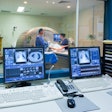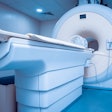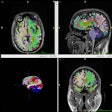Monday, November 30 | 10:30 a.m.-10:40 a.m. | SSC10-01 | Room E450A
Preoperative MRI can be most useful in predicting clinical outcomes after arthroscopic partial meniscectomy in middle-aged and elderly patients.Researchers at the University of Wisconsin Hospital in Madison say MRI is a better modality for this application than radiographs, which have difficulty detecting early joint degeneration.
"MRI can provide more accurate assessment of the degree of cartilage loss within the knee joint and can detect other joint abnormalities such as bone marrow edema, meniscal tears and extrusion, ligament tears, and joint effusions, which can be sources of pain," said lead author Dr. Richard Kijowski, associate professor of radiology at University of Wisconsin.
The study analyzed 100 patients older than 45 years of age who had an MRI exam of the knee performed prior to arthroscopic partial meniscectomy. The clinical symptoms of all patients were evaluated preoperatively and at one-year follow-up.
For all 100 patients undergoing arthroscopic partial meniscectomy, there was a significant inverse correlation between clinical outcome and the severity of cartilage loss in the medial femoral condyle and medial tibial plateau, the severity of bone marrow edema in the medial femoral condyle and lateral femoral condyle, and the severity of meniscal extrusion.
For the 75 patients undergoing isolated medial arthroscopic partial meniscectomy, there also was a significant inverse correlation between clinical outcome and the severity of cartilage loss and bone marrow edema within the medial femoral condyle and medial tibial plateau.
For the 15 patients undergoing isolated lateral arthroscopic partial meniscectomy, researchers noted a significant inverse correlation between clinical outcome and the severity of cartilage loss in the lateral femoral condyle and lateral tibial plateau and bone marrow edema within the lateral femoral condyle.
"The results of our study can help predict which middle-age and elderly patients would best benefit from meniscal surgery," Kijowski said. "From our data, we have come up with relative risk values and odds ratios that can be used to assess the likelihood that a patient with a given MRI finding would have a significant improvement following meniscal surgery."
Kijowski said orthopedic surgeons at University of Wisconsin Hospital currently are using the study's data during preoperative consultation to give patients a better idea of how likely they will benefit from meniscal surgery.


.fFmgij6Hin.png?auto=compress%2Cformat&fit=crop&h=100&q=70&w=100)



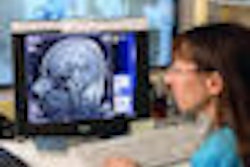
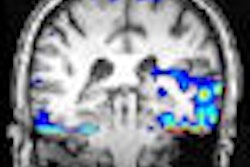
.fFmgij6Hin.png?auto=compress%2Cformat&fit=crop&h=167&q=70&w=250)








